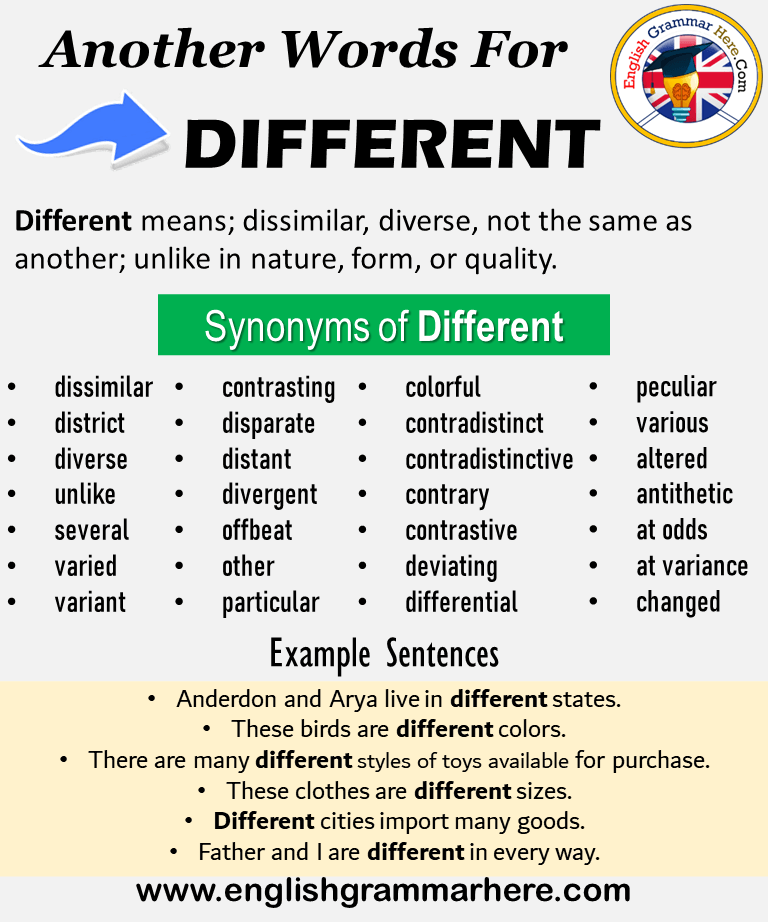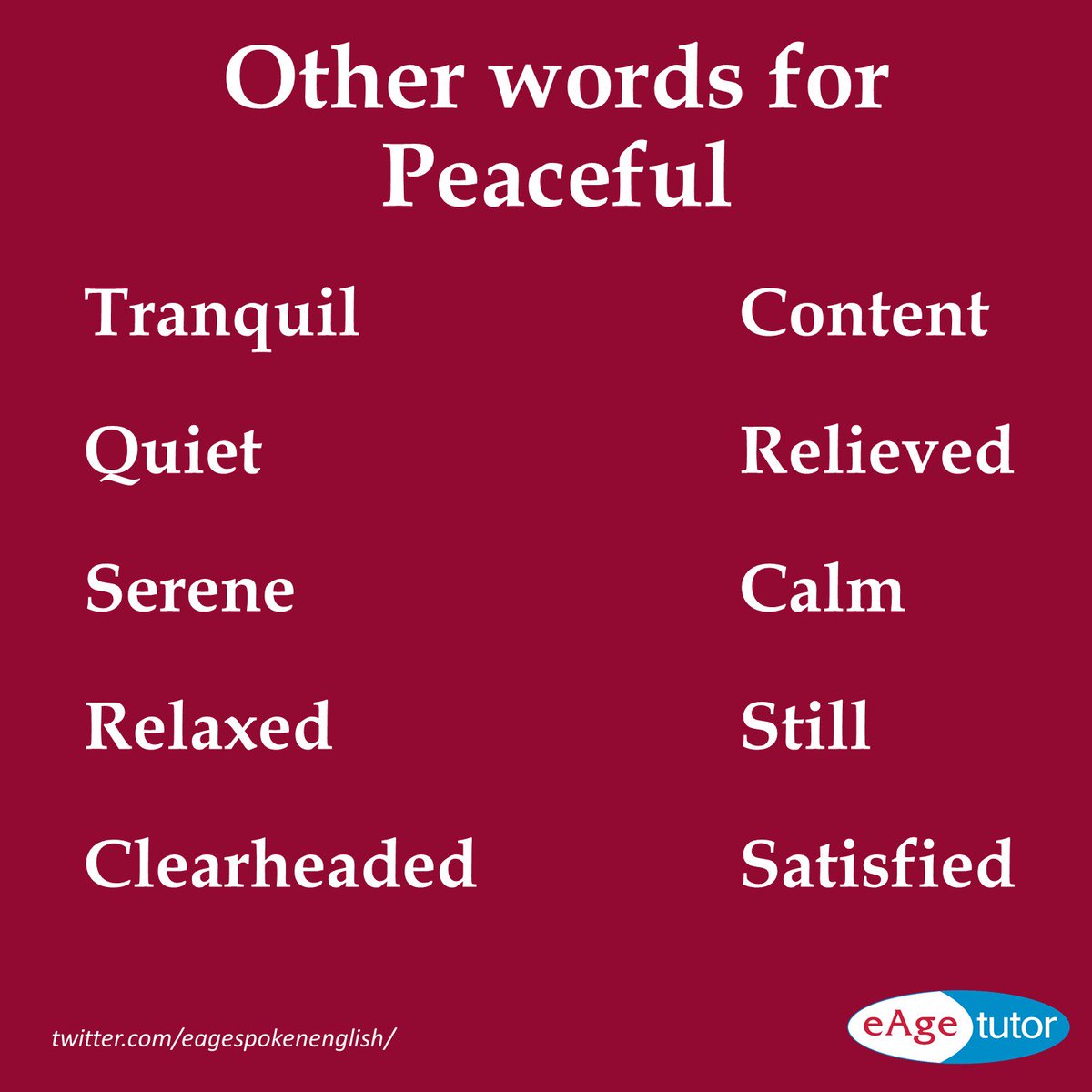
By contrast, this time, the last-minute attempt is coming from the European Parliament, trying to win support from the lawmakers ahead of the negotiation.Īccording to a European Parliament official, at a technical meeting earlier this week all political groups opposed Didier’s proposal. The proposal was revealed by EURACTIV a few hours before the beginning of the trilogue, alerting MEPs that eventually rejected it. Just ahead of the last political trilogue on the Digital Markets Act, the DSA’s sister proposal, the European Commission made a last-minute proposal promoting the interest of publishers with the support of the French Presidency, trying to reopen yet another dispute closed by the Copyright Directive. France has historically been sensitive to the rightsholders’ requests. A second source said that the N&A was also accepted by the Council Presidency. “The overall goal of these amendments is to drastically extend website blocking obligations to a broad range of online services at the expense of freedom of expression.”Īccording to a source informed on the matter, the European Commission is pushing the N&A mechanism in order to favour rightsholders, and it has been actively promoting it with political groups in the European Parliament.

“The entertainment industry knows that the Commission favours a specific notice and takedown obligation for search engines, so it is piggy-backing on to something that the Commission already supports and then making it worse,” former MEP Felix Reda told EURACTIV. Thus, the proposal is likely to meet the opposition of Scandinavian countries that are traditionally sensitive to the freedom of expression argument, an EU diplomat told EURACTIV. Still, search engines now fear that by including them in this liability regime, they would become the primary targets for takedown notices, increasing their administrative burden exponentially.Īnother concern relates to over-blocking, as legal content might also be taken down accidentally. So far, the websites have been liable for hosting illegal content. As a result, search engines might have to establish a contractual relationship with the website owner. In other words, the search engine would have no way of knowing if a takedown request is justified without contacting the website owner, which currently it has no way of doing. Therefore, they might not know if a specific content, like a movie, is provided on a website illegally and on another one legally, as they are unaware of the contractual relationship between websites and the rightsholders. Moreover, search engines note that, compared to other platforms, they do not have a direct relationship with those managing the websites. By contrast, the rightsholders consider this to be ‘specific’ monitoring, as it is targeted at illegal content that is recognisable via specific electronic patterns. In other words, the platforms would have to monitor all websites searching for unlawful content.įor search engines, that would entail nothing short of a general monitoring obligation a principle rejected in the Copyright Directive. In the most extreme case, that would mean that if a video is illegally uploaded on YouTube, Google would have to remove the entire platform from its search results.įinally, a modification to an article would oblige search engines to remove all search results referring to the flagged illegal content, not only the specific website.


These examples were overly descriptive for the rightsholders that prefer a case-by-case in court.Īnother change would mandate that if illegal content is flagged, not just the relevant web pages but the entire website should be delisted, namely removed by the search results. The note asked to remove a part in the text’s preamble providing examples of ‘mere conduit’, ‘caching’ and ‘hosting’ services, categories with different liability regimes established in the eCommerce Directive, the predecessor of the DSA. At the same time, Didier proposed a few changes to the Commission’s text. The note expressed support for the proposal of the European Commission, which defined search engines as an ad hoc category and introduces a notice and action (N&A) mechanism that would be required to take down illegal content once it is flagged to them.

#OTHER WORDS FOR CONTENT HOW TO#
The EU executive has put forth a non-paper on how to best include search engines in the obligations of the Digital Services Act (DSA), addressing concerns that Google and the likes might slip the regulation’s scope. DSA: The European Commission’s new strategy to cover search engines


 0 kommentar(er)
0 kommentar(er)
